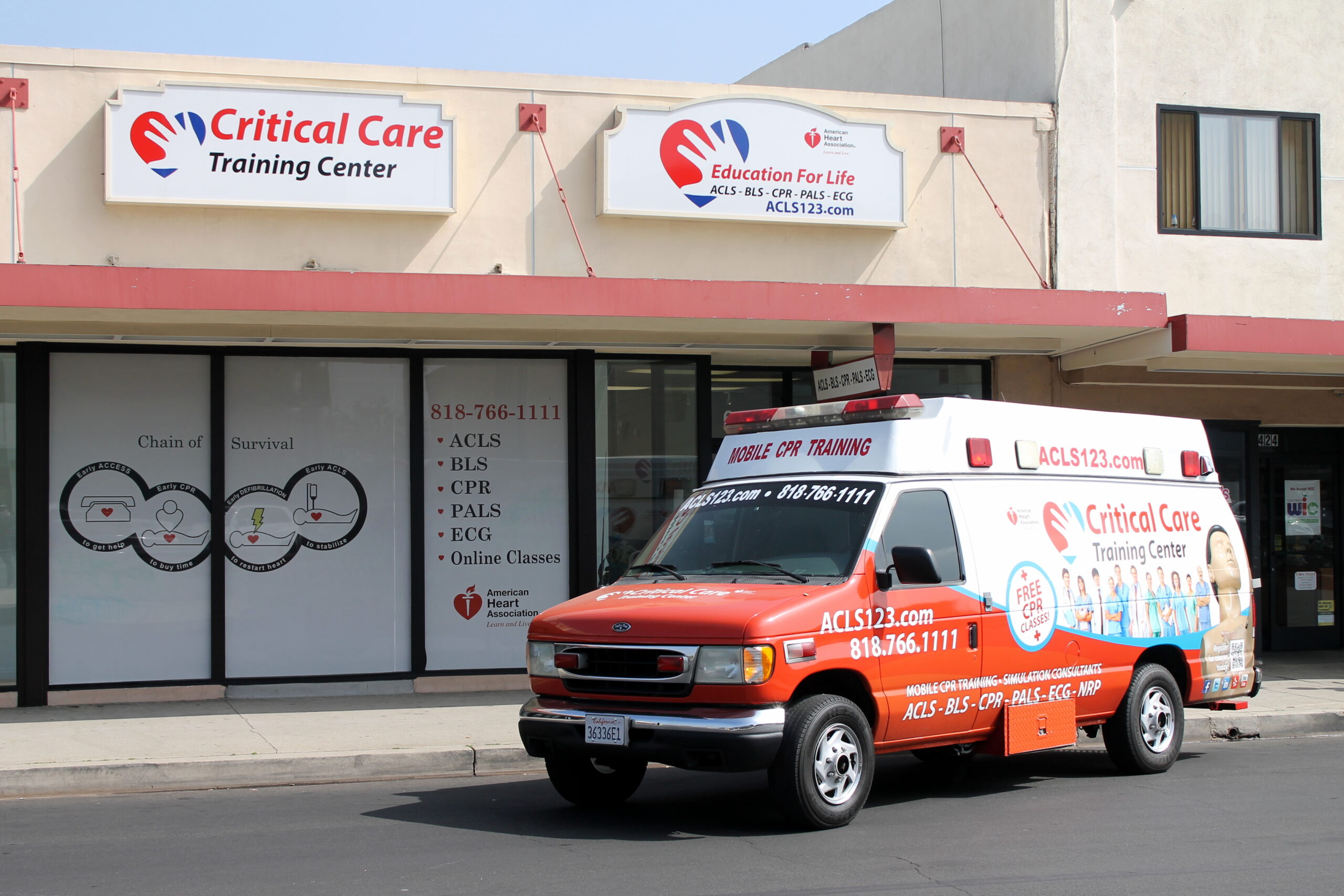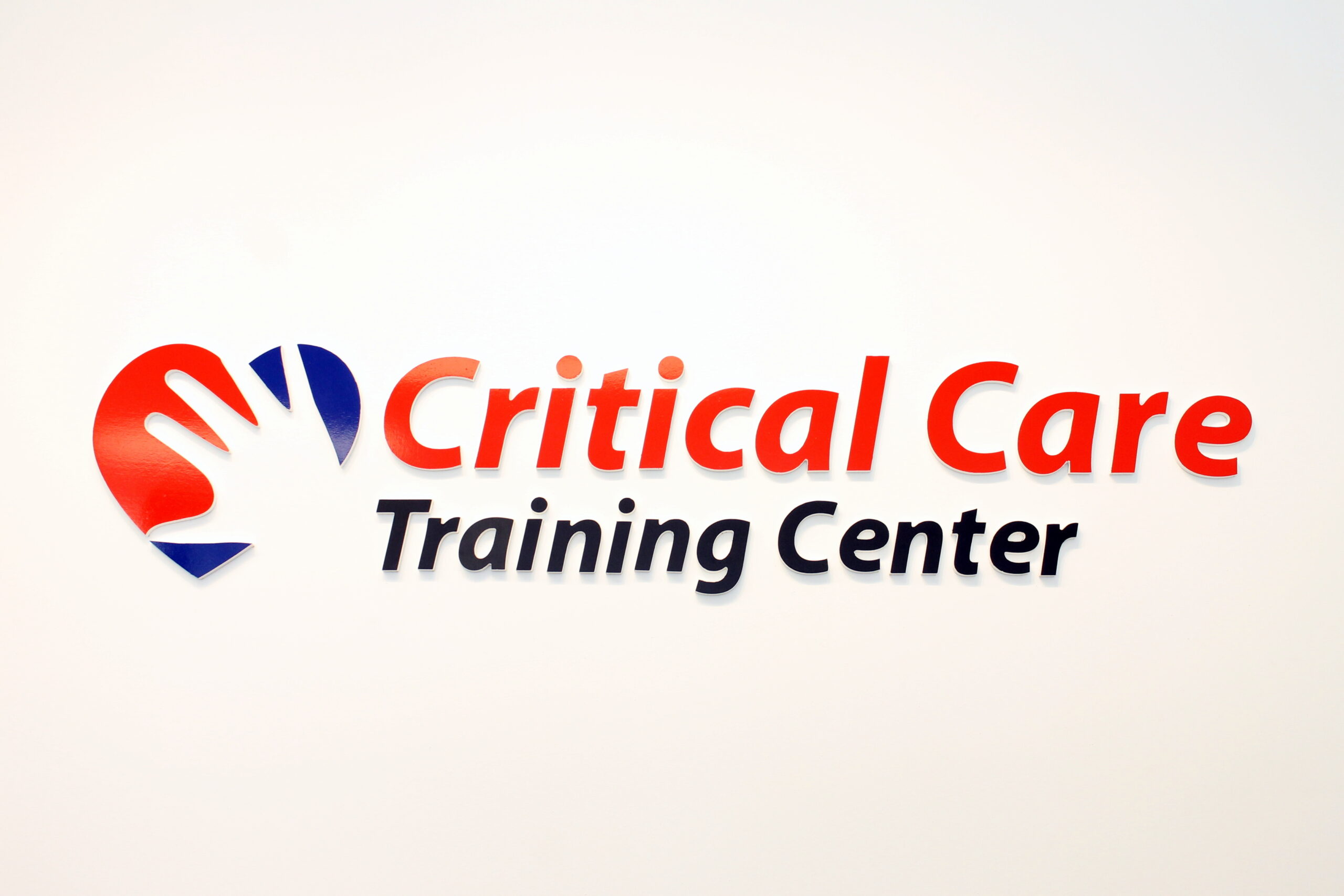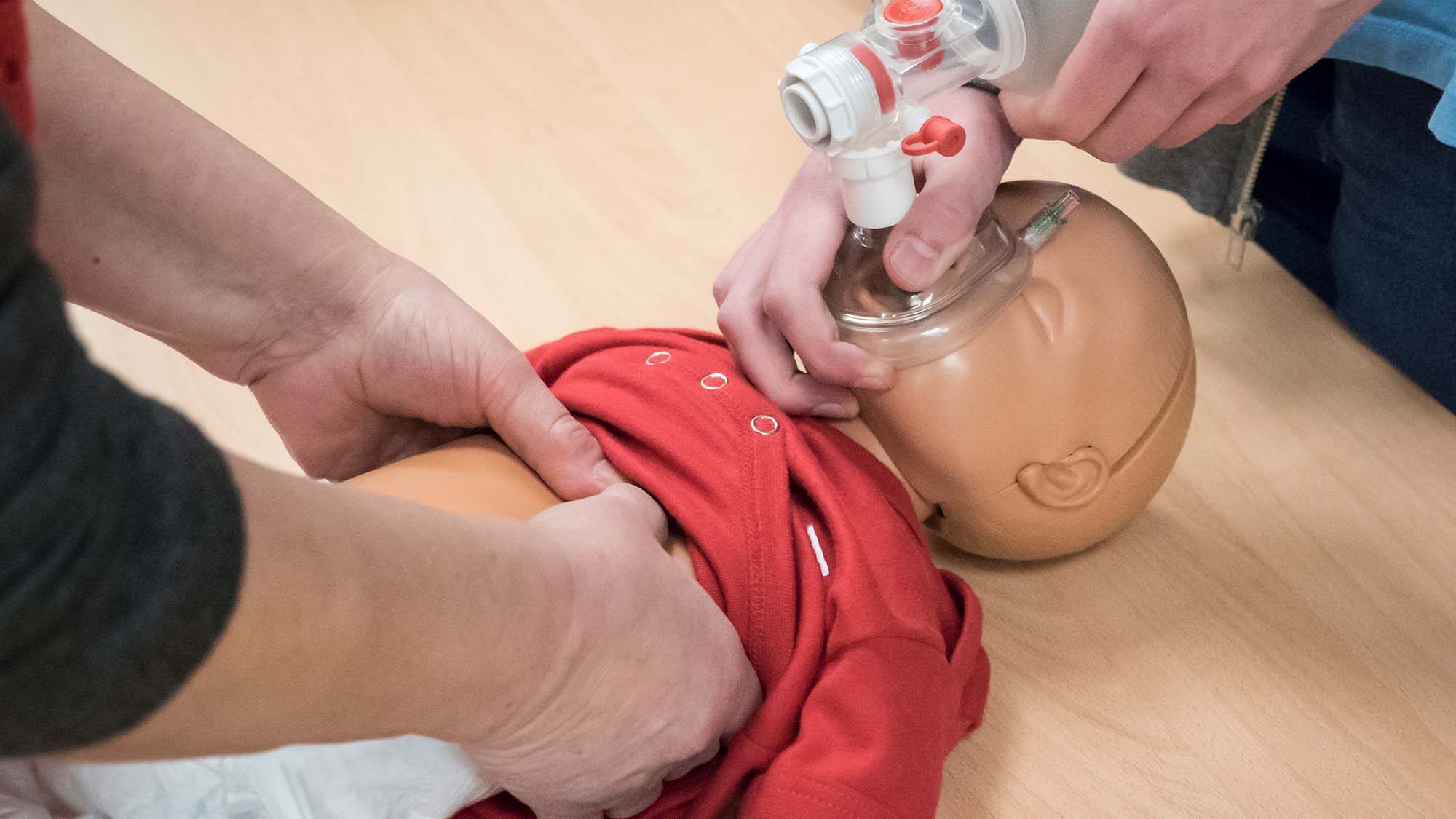The first two questions ask for my opinion and I do believe that AED availability and extending CPR education to non-healthcare providers are equally important because it actively encourages saving lives. Reflecting back into our young hearts, we dreamed of being superheroes like Superman, Batman, or Wonder Woman. We can easily remember that feeling of being “super” was so unique that it stays with us for the rest of our lives, we strive for beneficence. Now into adulthood, that feeling is similar to being capable, qualified, and skilled. I have faith that the majority of the American population will support AED resources in public and health teaching for the reason that, according to the American Heart Association, heart disease is the number one killer of Americans. Of course, there is a lack of education about this common disease. In the eyes of a nursing student, the last questions appeared to be an explicit suggestion: Yes, in my opinion, it should be a requirement for all employers, healthcare providers, and non-healthcare providers to acquire CPR certification upon hire. However, I think it is appropriate to look at the pros and cons before making a final decisions. I have a couple of reasons why CPR certification should be a requirement and why it should not.
The healthcare system of our nation is continuously searching for a cost-effective approach to provide preventative healthcare. Making it a requirement will facilitate health education by extending knowledge of the heart and CPR to non-healthcare providers. The majority of working class citizens will be more informed about cardiovascular disease and possibly take steps in cultivating lifestyle changes to be heart healthy. As a result, fewer people will become ill. As reported by Healthy People 2020, about more than 81.1 million of American adults (1 in 3) are affected by heart disease and “result in serious illness and disability, decreased quality of life, and hundred billions of dollars in economic loss every year”. This statement supports my notion that expanding CPR education by making it a requirement can possibly lead people to be well aware of the disease and take steps to prevent it.
Furthermore, education can possibly lower the death rates of citizens living in rural areas. I did some exploring on the Centers for Disease Control and Prevention website (http://nccd.cdc.gov/DHDSPAtlas/viewer.aspx?state=CA) in regards to the mortality rate, discharges, and admissions for cardiac disease around the Bay Area, California. The inhabitants are farther away from the hospital therefore increasing the likelihood of death due to cardiac disease. We can imagine how useful CPR knowledge would be in saving lives in these areas. Someone who is not a healthcare provider can start performing compressions and can give paramedics more time to travel to these areas to provide an AED.
Looking on the opposite side of the spectrum, CPR certification should not be required because it may sound like a negative reinforcement to those who are non-healthcare providers. Of course for healthcare providers, CPR certification definitely should be a requirement and that has already been established. Rather than making it a requirement, using positive reinforcement by recommending CPR education and informing them the benefits give them a choice. I believe the majority of this audience will opt to become CPR certified.
As a nursing student, this question of whether or not making it a requirement matters most on how we approach it. Using positivity, overall, encouraging beneficence among others is an education that is priceless.
To Learn more about American Heart Association CPR Classes, CLICK HERE









